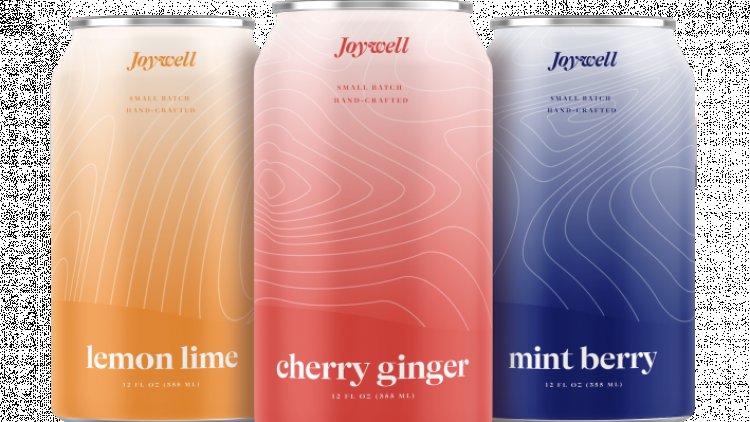Joywell Foods raises $25M to bring sweet proteins to market
Joywell uses a proprietary microbial fermentation process to produce sweet proteins that are nearly identical to those found in exotic fruits and berries.

When consumed in moderation, sugar is not bad for us, and humans’ ability to detect sweetness is etched into our DNA, but with the abundance of it in today’s food and drinks, we are getting more than we should.
Companies have created alternatives to sugar over the years, like Stevia, while others have tapped into technologies to come with new ways of sweetening foods in a way that is healthier. Some of those include Supplant, DouxMatok, MycoTechnology and Sensient.
Food tech startup Joywell Foods has been in this sector for nearly a decade, building up a sweet proteins platform and is nearing the commercialization of its first products, boosted by a cash infusion of $25 million in Series B funding.
The round was led by Piva Capital, with participation from B37 Ventures, Global Brain Corporation and existing investors Khosla Ventures, Evolv Ventures, SOSV’s IndieBio and Alumni Ventures.
As a part of the investment, Piva partner and co-founder Adzmel Adznan will join Joywell’s board. The new investment brings Joywell’s total funding to $38 million since the California-based company’s inception in 2014 by Alan Perlstein and Jason Ryder.
Joywell uses a proprietary microbial fermentation process to produce sweet proteins that are nearly identical to those found in exotic fruits and berries. Though these proteins taste like sugar — and are around 2,000 times sweeter than sugar — they don’t impact blood sugar levels or gut microbiomes, CEO Ali Wing told TechCrunch.
“We’re biologically predisposed to crave sugar, so it’s not something we should actually feel so bad about,” she added. “If you really look at consumption today, over 70% of consumers are actively seeking to reduce sugar in their diets and the No. 1 culprit for that is daily added sugars. We just need to solve it differently, and that’s the beauty of technology and what we are doing.”
When Wing joined the company about a year ago from the healthcare industry, Joywell had just one protein. Now it has about half a dozen proteins derived from fruits, like the serendipity berry and katemfe fruit, and is working on a wide range of products. Wing said she was not able to go into exactly what those products were, but the company is already working on canned drinks and foods, like chocolate, and will essentially be able to plug into any food category that includes sugar.
In addition to providing a healthier alternative, Joywell is also out to be more sustainable, saying that “for every one percent reduction in sugar production results in approximately 650,000 acres of sugar cane fields saved.”
The company is still pre-revenue, so there was not much in the way of growth metrics Wing could speak about, but she did say she joined to lead Joywell’s commercialization, and the new funding will accelerate the R&D and scale-up efforts.
“A lot of what I’ve done in my nine months here is a lot of consumer testing around multiple product formulations to build the insights for the launch,” she added. “The most important next steps are very much in the regulatory process and have several regulatory milestones in front of us. We are also adding proteins and will be building a pipeline around those.”







